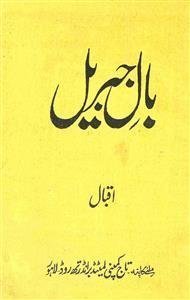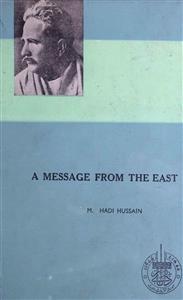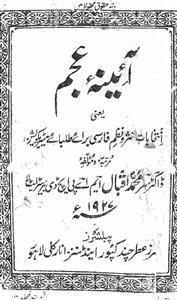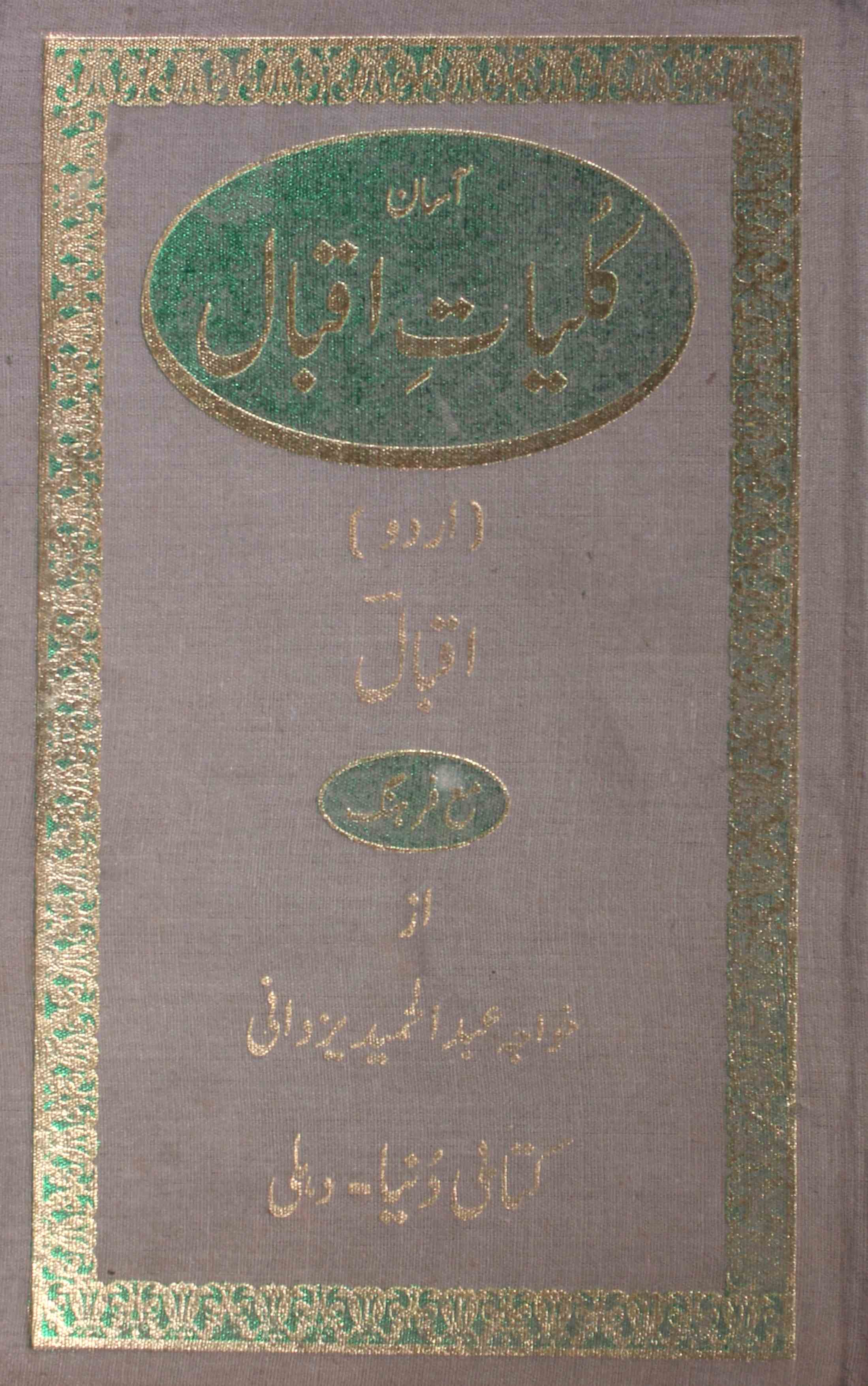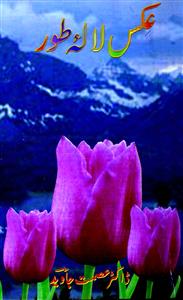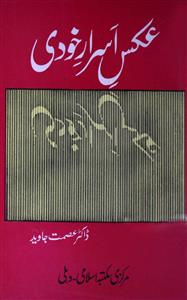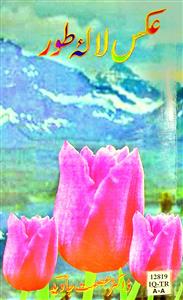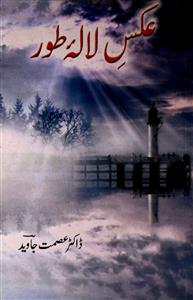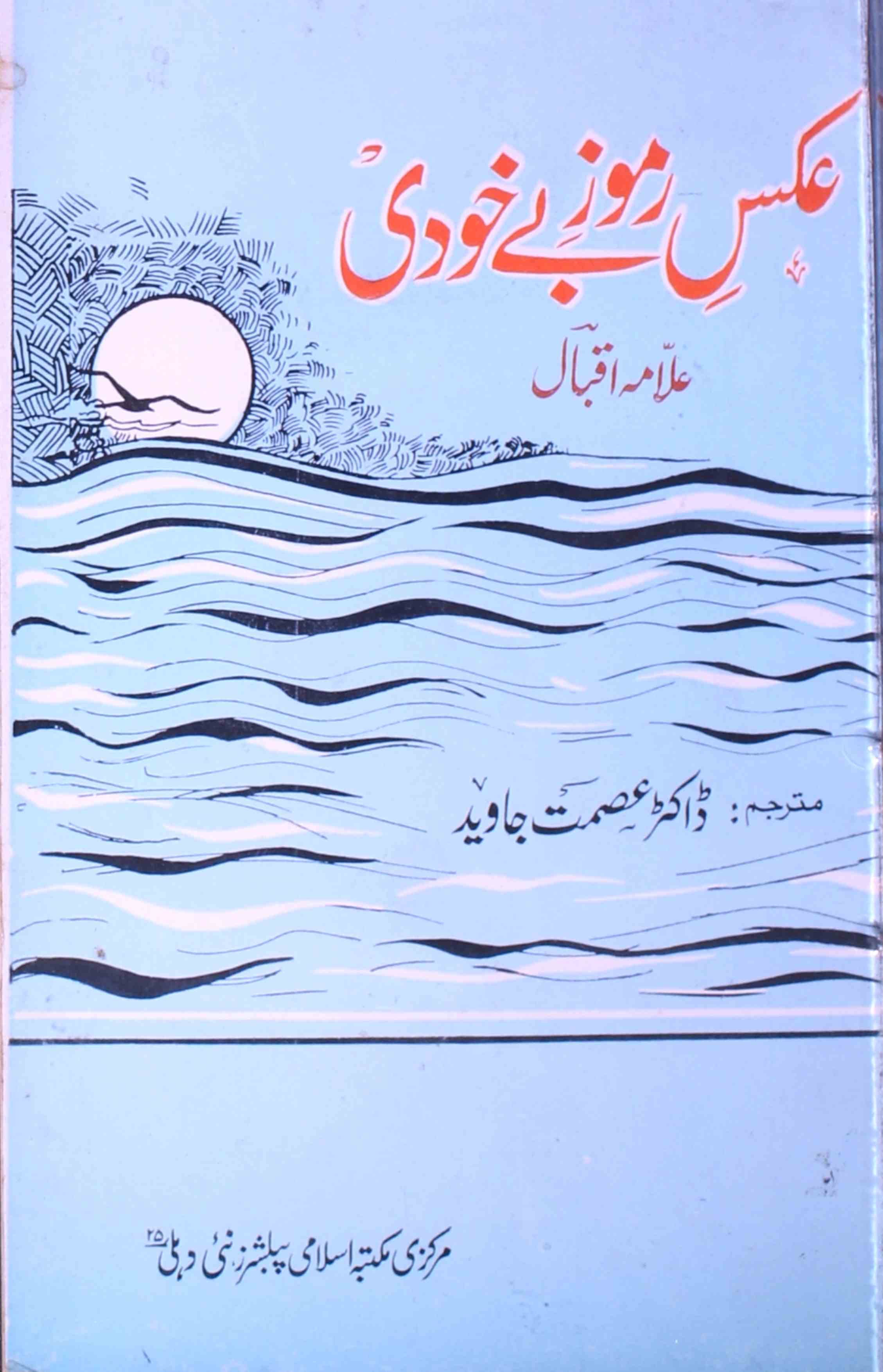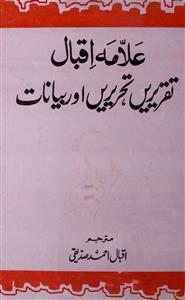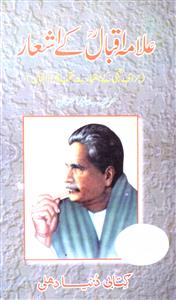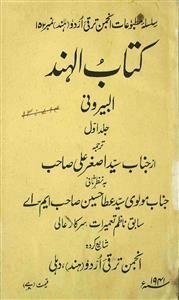 For any query/comment related to this ebook, please contact us at haidar.ali@rekhta.org
For any query/comment related to this ebook, please contact us at haidar.ali@rekhta.org
About The Book
"بالِ جبریل" علامہ اقبال کے اردو کلام کا بہترین نمونہ ہے۔اس مجموعے میں زیادہ تر اقبال کی غزلیات شامل ہیں۔ یہ غزلیات معنوی اعتبار سے غزل کے جدید ترین رنگ کی نمائندگی کرتی ہیں۔ "بال جبریل"کی غزلوں میں اقبال کےاعتماد میں گہرائی اور فکر میں استحکام نظر آتا ہے۔ لفظوں کےانتخاب اورترکیب سازی میں بھی نئے شعوِر فن کی جھلک محسوس کی جاسکتی ہے۔ ان کے جذبوں کی گرمی شعروں میں ضم ہونے کے لیے بے تاب ہے۔آہنگ میں موسیقیت کا جادو شامل ہوجاتا ہےاوراس میں بلندی بھی واقع ہوجاتی ہے۔ ایسا محسوس ہوتا ہے جیسے ان کی نظموں میں جو فلسفہ و فکر شیر و شکر ہے اسے غزلوں سےبھی ا یک راہ مل گئی ہے۔ یہ غزلیں اپنی معنی خیزی میں نہ صرف بانگِ درا کے مقابلے میں الگ معیار کا تعیّن کرتی ہیں بلکہ عام غزلوں سے بھی ایک علیحدہ مزاج کی حامل ہیں،ہر غزل میں کوئی نہ کوئی ایسا پہلو موجود ہے جو پڑھنے والے کو اپنی گرفت میں لے لیتا ہے۔غزلوں کے علاوہ ساقی نامہ اور مسجد قرطبہ جیسی عالی شان نظمیں بھی اس مجموعہ میں شامل ہیں جو کہ اقبال کے شعری سرمائے کے بہترین نمونے ہیں۔
About The Author
Mohammad Iqbal (1877-1938), a descendant of a Kashmiri Brahmin family that had embraced Islam in the seventeenth century, was born and settled in Sialkot. After a traditional education in Arabic, Persian, and Urdu, he was exposed to a liberal education that defined the contours of his thought and his poetry during the entire period of his life. Beginning his educational career at the Scottish Mission School, he went on to acquire his M. A. in Philosophy, before joining Trinity College, and later earning the degree of Bar-at-Law. He furthered his education by getting the degree of doctorate from Germany on The Development of Metaphysics in Persia. He worked in different capacities at different points of time; he taught philosophy, practised law, got involved in politics, and also attended the second Round Table Conference. Even while he favoured the idea of the creation of Pakistan and is venerated there as the national poet, he wrote the famous patriotic song that celebrates the greatness of India. King George V decorated him with knighthood and he was called Sir Mohammad Iqbal thereafter.
Iqbal wrote both in Persian and Urdu, and is often regarded as the poet-philosopher of the East who addressed the Muslim ummah, believed in the philosophy of wahdatul wujood, and propounded the philosohy of khudi, or selfhood, which called for self-realisation and the discovery of the hidden talent with love and perseverance. Beyond that lay the stages of complete submission and forgetfulness which, he thought, was the ultimate stage of khudi. Iqbal dreamt of the ‘complete man’ and also entered into a metaphoric dialogue with the divine. His poetry emerged as a remarkable site where message and art coalesced, as he re-configured major poetic devices like metaphor, myth, and symbol to re-visit history, philosophy and the Islamic faith to develop his individual vision. He has left behind his collections of poems, Asraar-e Khudi, Rumooz-e Bekhudi, Baang-e Daraa, Baal-e Jibreel, Payaam-e Mashriq, Zaboor-e ‘Ajm, Javed Naama, Zarb-e Kaleem, and Armaghaan-e Hijaz, apart from his lectures collected in English as The Reconstruction of Religious Thought in Islam, and other works on the Eastern worldview.
 For any query/comment related to this ebook, please contact us at haidar.ali@rekhta.org
For any query/comment related to this ebook, please contact us at haidar.ali@rekhta.org
